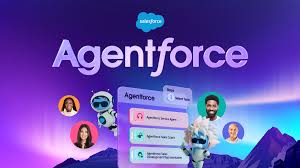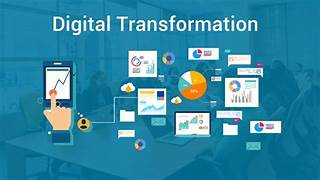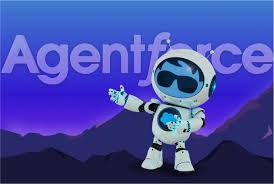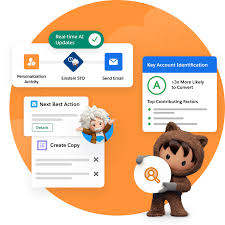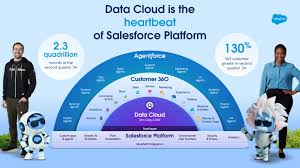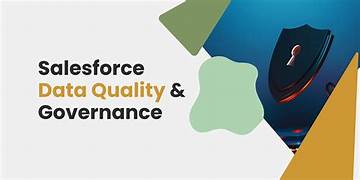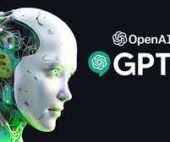Salesforce and the Customer-Centric Dealership
Building Blocks for a Customer-Centric Dealership For a dealership to thrive, it must be truly customer-centric. As a Salesforce Implementation Partner, we at Tectonic know the key to success lies in prioritizing customer needs at every step. Growth, profitability, and market expansion come from consistently putting customers at the center of your strategies. Tectonic can help you implement Salesforce and the Customer-Centric Dealership. Customers as the Ultimate Scorekeepers Your customers are the true measure of your dealership’s success. Their evaluations extend far beyond pricing—they assess every touchpoint, from your website’s ease of use to the cleanliness of your parking lot, from your voicemail system to post-sale follow-ups. Each interaction shapes their perception. A single negative encounter, such as a poor experience with a parts associate, may not drive them away, but it certainly won’t motivate them to return. Creating positive, seamless interactions is crucial. Optimizing Customer-Centric Processes Are your processes truly serving your customers? Are they complimenting your dealership’s efficiency? Take something as routine as monthly statements. While they may be straightforward for your team, have you considered your customers’ perspectives? They may not even want a statement, or they might need quicker, more accessible responses to their inquiries. As customer expectations rise due to experiences with brands like Amazon and Starbucks, your dealership must ensure its processes meet or exceed those standards. A Customer portal like Salesforce Experience Cloud can put resources at your customers’ fingertips with the click of a button. Treating Customer Data as a Strategic Asset Customer data is one of your dealership’s most valuable assets. Yet, many dealerships struggle to fully utilize this resource. Are you effectively visualizing and leveraging your customer data? This data, gathered over years of operation, can drive strategic decision-making. To maximize its potential, it’s crucial to have a dedicated role—perhaps a Chief Data Officer—focused on managing, updating, and safeguarding this information. A well-managed data strategy unlocks insights that fuel customer-centric improvements. Letting Data Shape Your Processes With Salesforce, you can use customer data to quickly identify inefficiencies and enhance processes. Streamlined operations lead to happier customers and a more engaged team. For instance, if your manufacturer can deliver most parts within 24 hours, why maintain an overstocked inventory? By analyzing your inventory data, Salesforce can help you identify which parts are essential and which are surplus, allowing you to optimize stock levels and ensure smoother operations. Aligning your inventory with actual demand ensures your dealership functions efficiently, keeping both your customers and staff satisfied. Expert Guidance in Leveraging Salesforce for Growth Adopting a customer-centric approach and utilizing Salesforce to analyze and act on your data can transform your dealership. As your Salesforce Implementation Partner, we’re here to help you integrate these solutions to meet and exceed customer expectations while driving growth and profitability. Together, we can build a dealership that not only competes but thrives in today’s competitive market. With the future of AI, the connected car, and more; there has never been a betrter time to add Salesforce to your customer-centric tool box. Reach out to schedule an introductory call and start your journey toward a more customer-centric future. Like Related Posts Salesforce OEM AppExchange Expanding its reach beyond CRM, Salesforce.com has launched a new service called AppExchange OEM Edition, aimed at non-CRM service providers. Read more The Salesforce Story In Marc Benioff’s own words How did salesforce.com grow from a start up in a rented apartment into the world’s Read more Salesforce Jigsaw Salesforce.com, a prominent figure in cloud computing, has finalized a deal to acquire Jigsaw, a wiki-style business contact database, for Read more Service Cloud with AI-Driven Intelligence Salesforce Enhances Service Cloud with AI-Driven Intelligence Engine Data science and analytics are rapidly becoming standard features in enterprise applications, Read more




